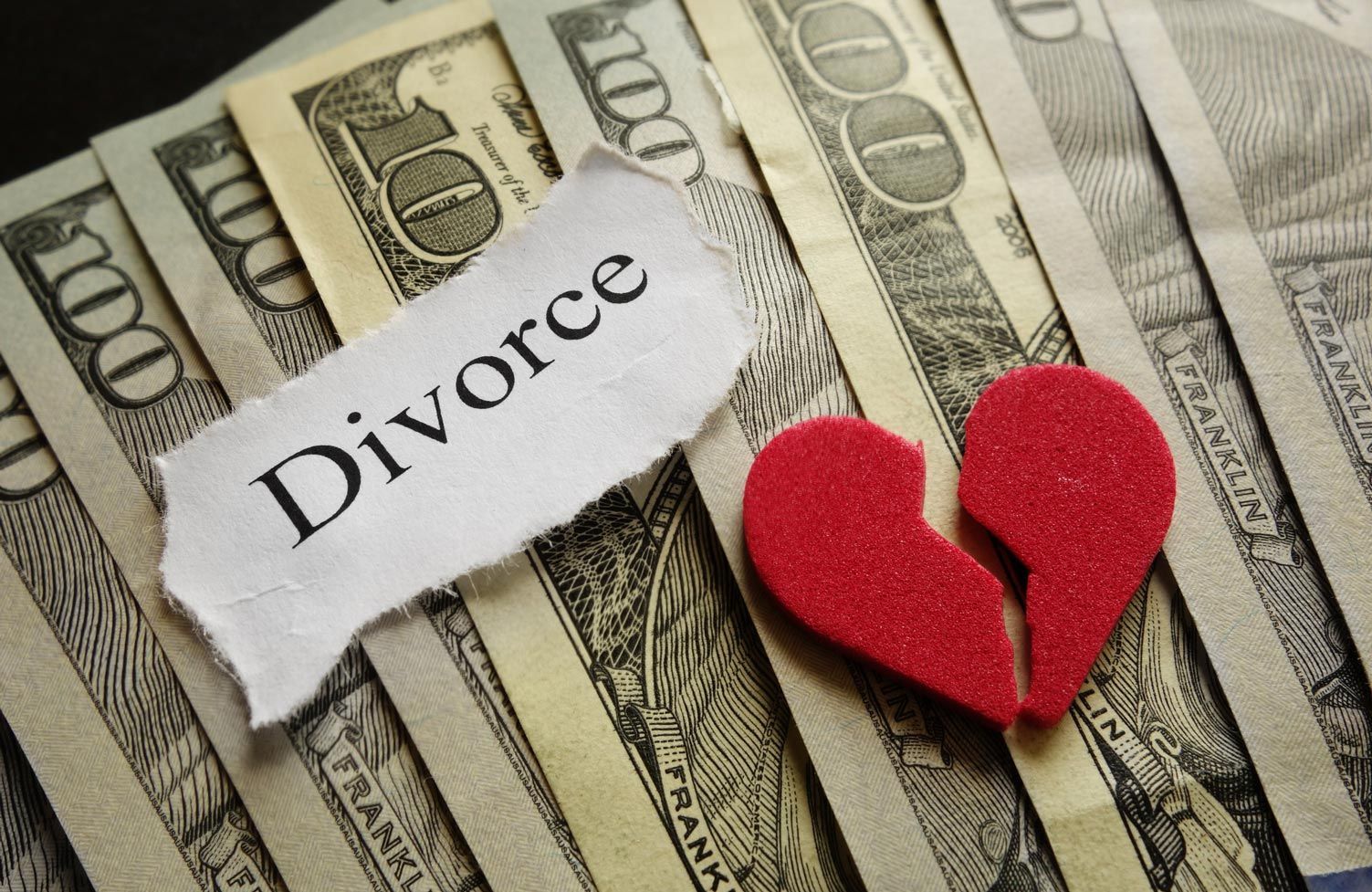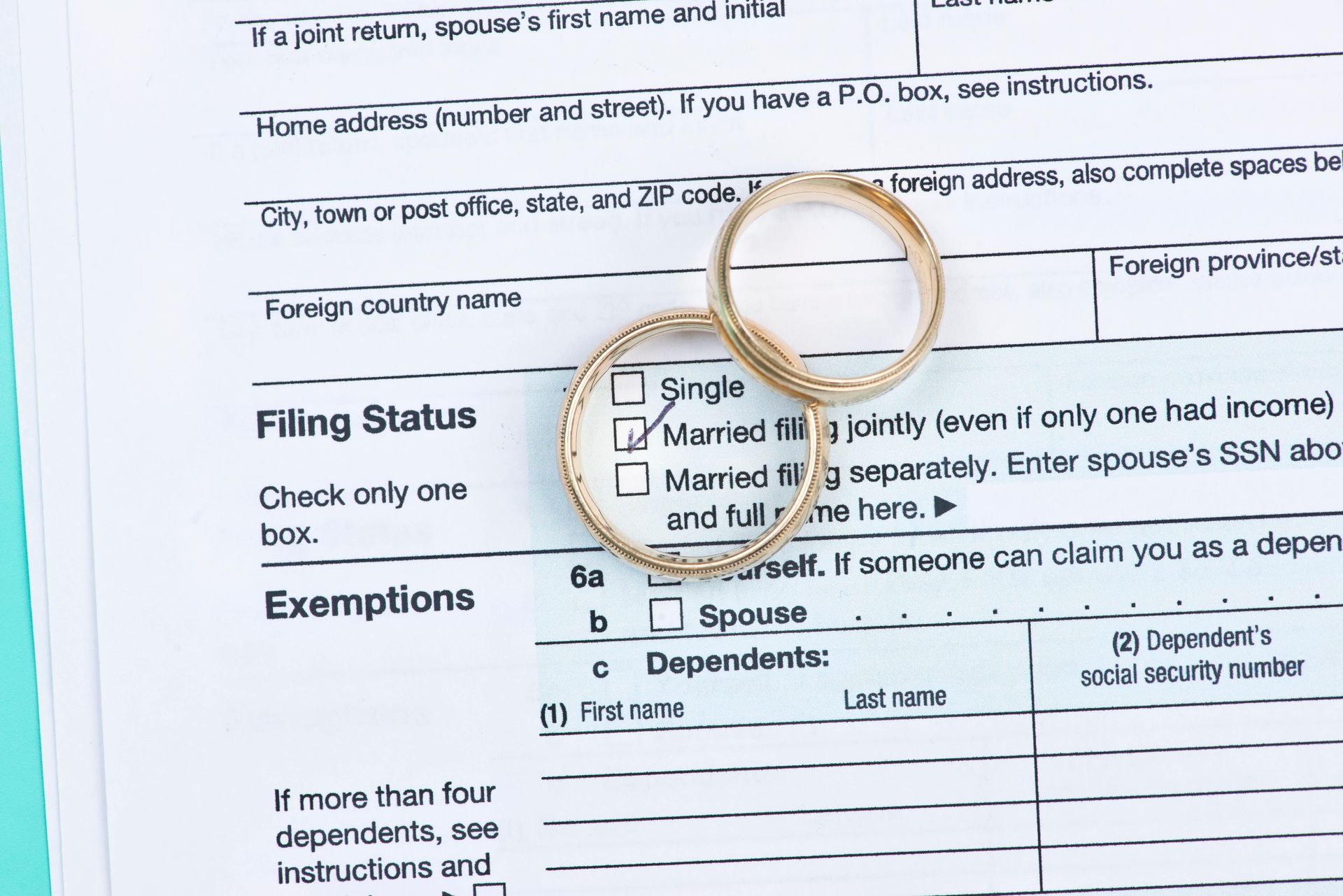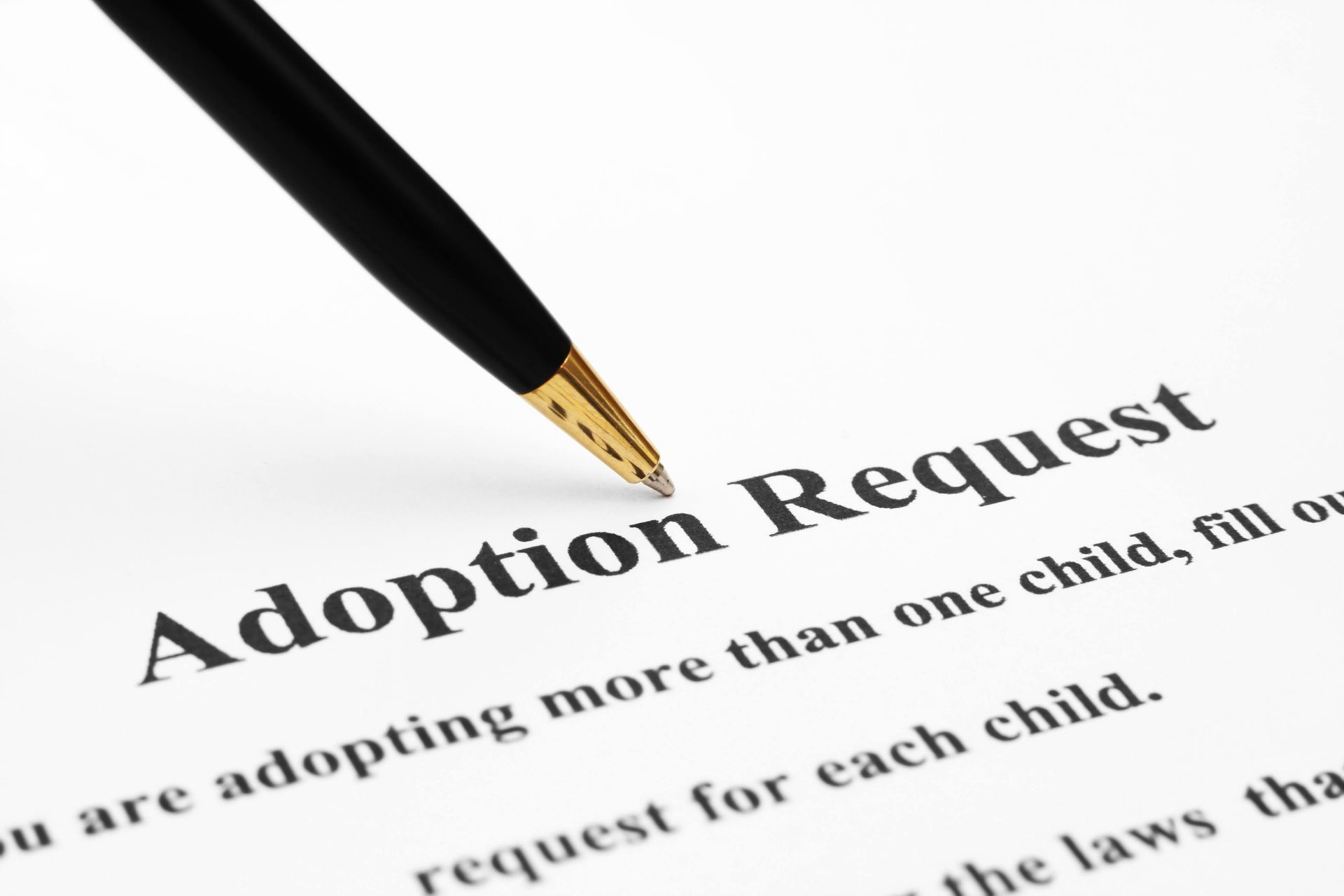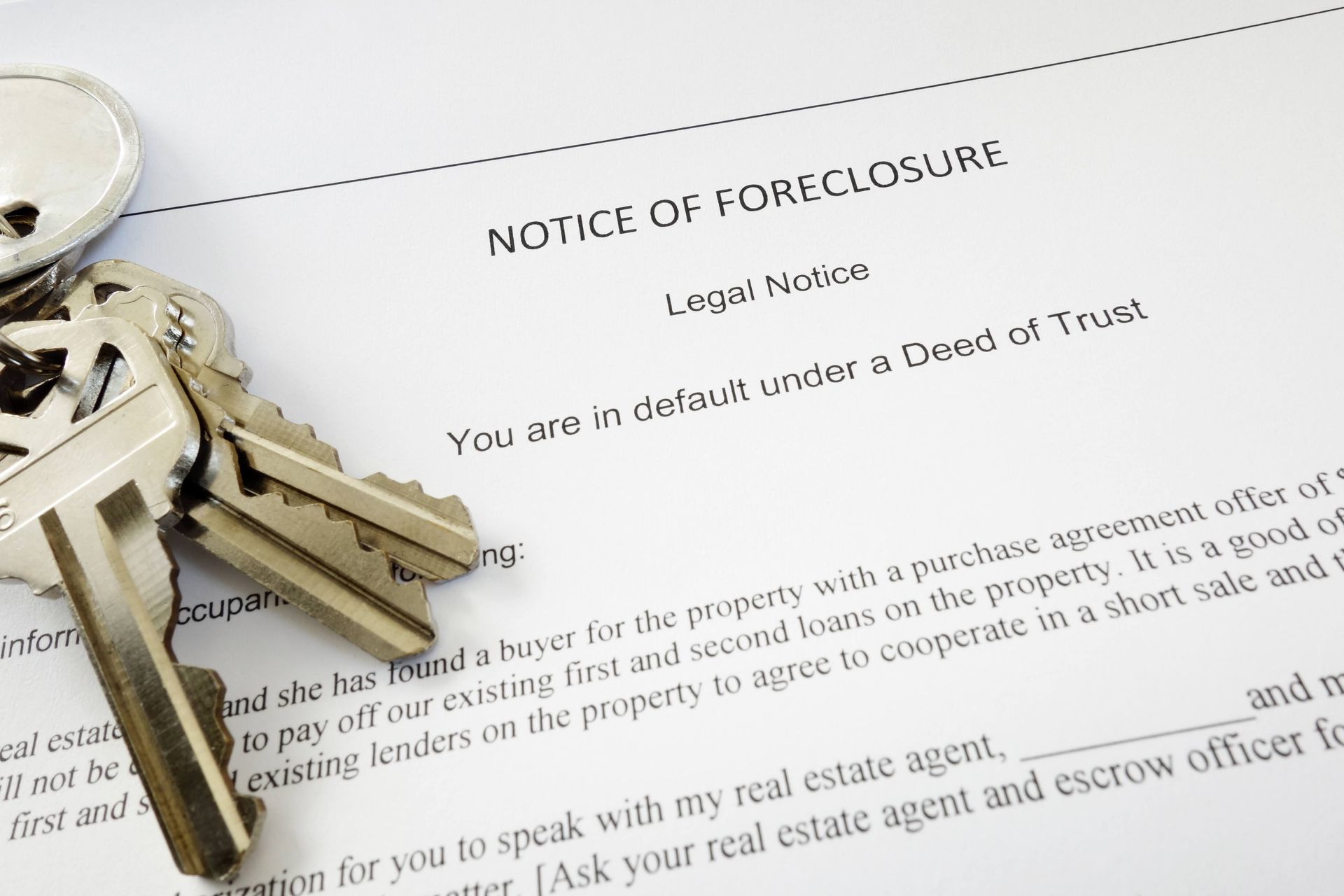Exploring Your Legal Options for House Foreclosure
For many people, owning a home is a dream come true. Sometimes, whether due to financial downturns or a poor housing market, the dream of homeownership can turn into the nightmare of foreclosure. If you find yourself facing the daunting threat of foreclosure, know that you have some legal options to consider that can improve your situation. Read this blog to delve into your options regarding foreclosure.
Defining Foreclosure and Its Common Causes
Foreclosure is the legal process that a lender uses to repossess a home. Non-payment of mortgage is the leading cause but other financial disruptions such as job loss, medical emergencies, or economic downturns can also lead to foreclosure. The intricacies of each case can vary, but the results are equally distressing. Some common causes of foreclosure are:
- Job Loss: This sudden disruption to income can lead to missed mortgage payments.
- High Debt Burden: Other debts might eat into funds that could be allocated to the mortgage.
- Adjustable-Rate Mortgages: Fluctuating interest rates can make payments unmanageable.
- Market Downturns: This can decrease the value of the home and a homeowner's equity.
Your Legal Options as a Homeowner
When the shadow of foreclosure looms, it's crucial not to panic. Instead, arm yourself with knowledge about the legal remedies available to homeowners in this difficult situation. Here are the main paths you can take to address foreclosure concerns.
Stay and Pay
The simplest option, if achievable, is to catch up on your missed payments and fees. This can often be done through a reinstatement, where you pay the entire loan amount plus any late fees. This is the quickest way to stop the foreclosure process if you have the financial means.
Loan Modification
A loan modification can be an alternative to a complete reinstatement. It involves negotiating with the lender to change the terms of the original mortgage to make payments more affordable. These options may involve lowering the interest rate, reducing the principal amount, or extending the loan term.
Short Sale
If the amount you owe on your mortgage is higher than the value of your home, opting for a short sale might present a viable solution. The lender agrees to accept less than the mortgage amount to allow you to sell the property and repay what you can of your loan. This can be a less damaging option for your credit score than a foreclosure.
Deed in Lieu of Foreclosure
Like a short sale, a deed in lieu of foreclosure offers a way to sidestep foreclosure by transferring the property deed to the lender. It can be an amicable mutual agreement to satisfy the debt and avoid the legal process of foreclosure.
Filing for Bankruptcy
Bankruptcy can immediately halt the foreclosure process and buy you time to sort out your financial affairs. Chapter 13 bankruptcy, in particular, can allow you to propose a plan to repay debts over a few years while keeping your home.
Right of Redemption
In some states, there is a post-foreclosure right called the "right of redemption." This allows the homeowner, for a certain period after the foreclosure, to buy back the property by paying the foreclosure sale price as well as additional costs and interest.
Foreclosure is a weighty matter, but as a homeowner, you do have legal options. From the straightforward 'stay and pay' method to more complex solutions like bankruptcy, each option comes with its pros and cons. Do not delay in seeking out the best courses of action, and consult with professionals who can steer you through this challenging period. If you need legal help regarding foreclosure, reach out to John D. Wieser Esq. for personalized legal advice tailored to your distinct situation.
BROWSE OUR WEBSITE
CONTACT INFORMATION
Address: 1200 A Scottsville Rd, Rochester, NY 14624
Phone: 585-328-0660 | Buffalo: 716-636-0273
Business Hours:
- Mon - Fri
- -
- Sat - Sun
- Closed
OUR LOCATION









